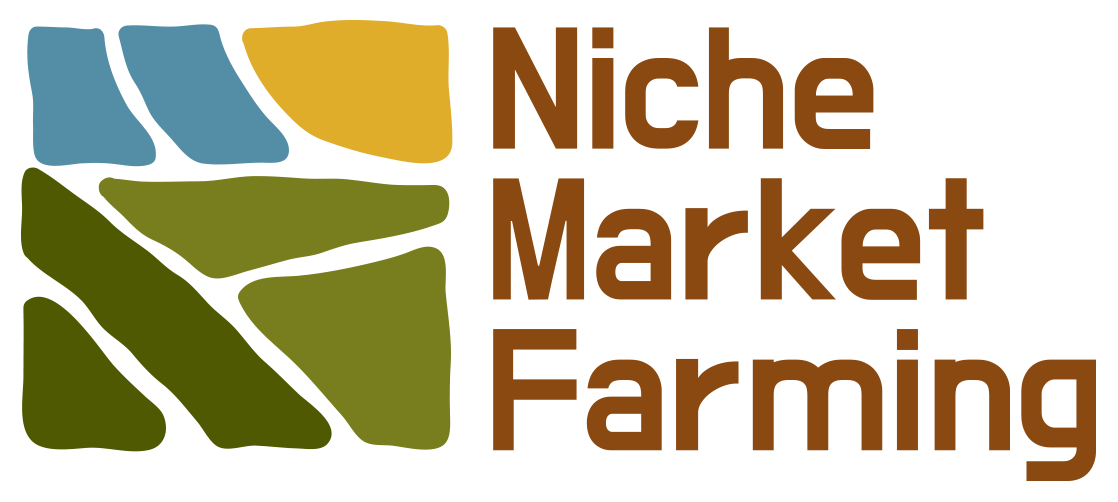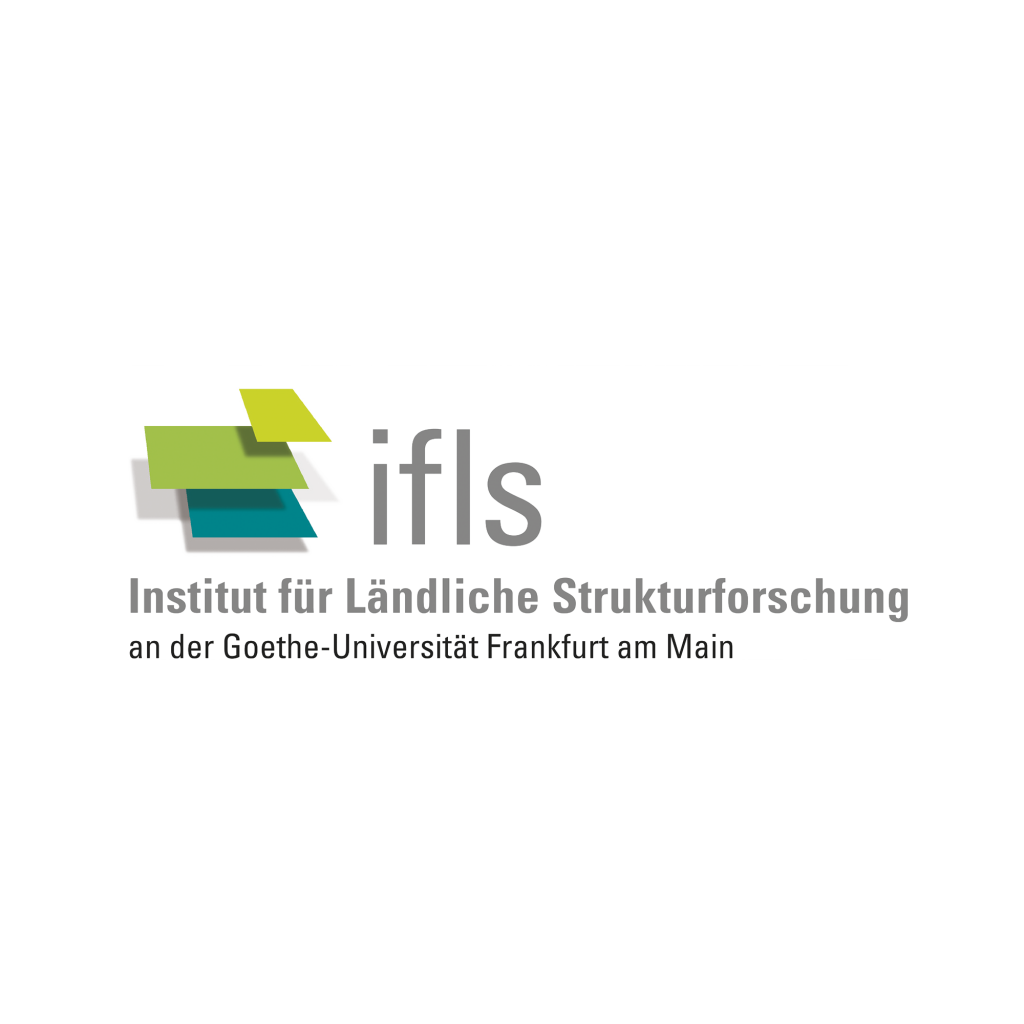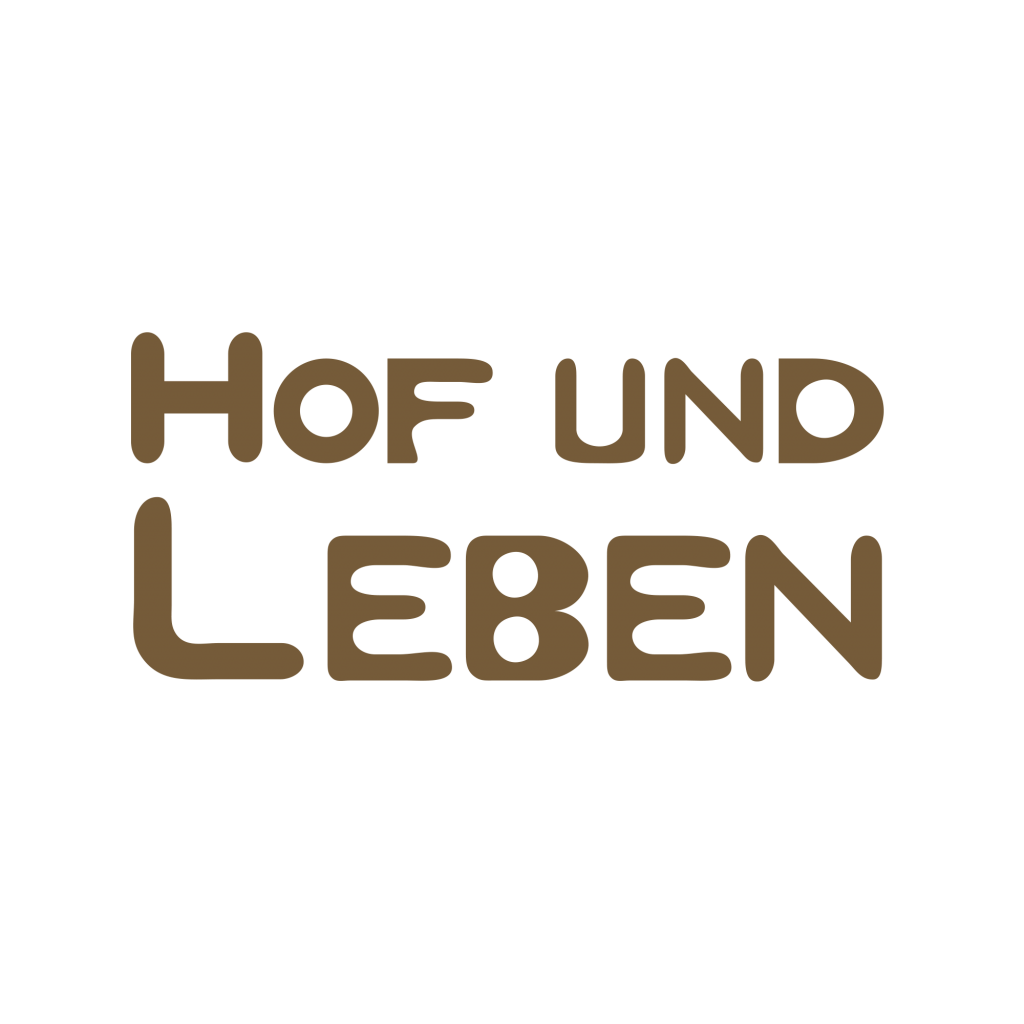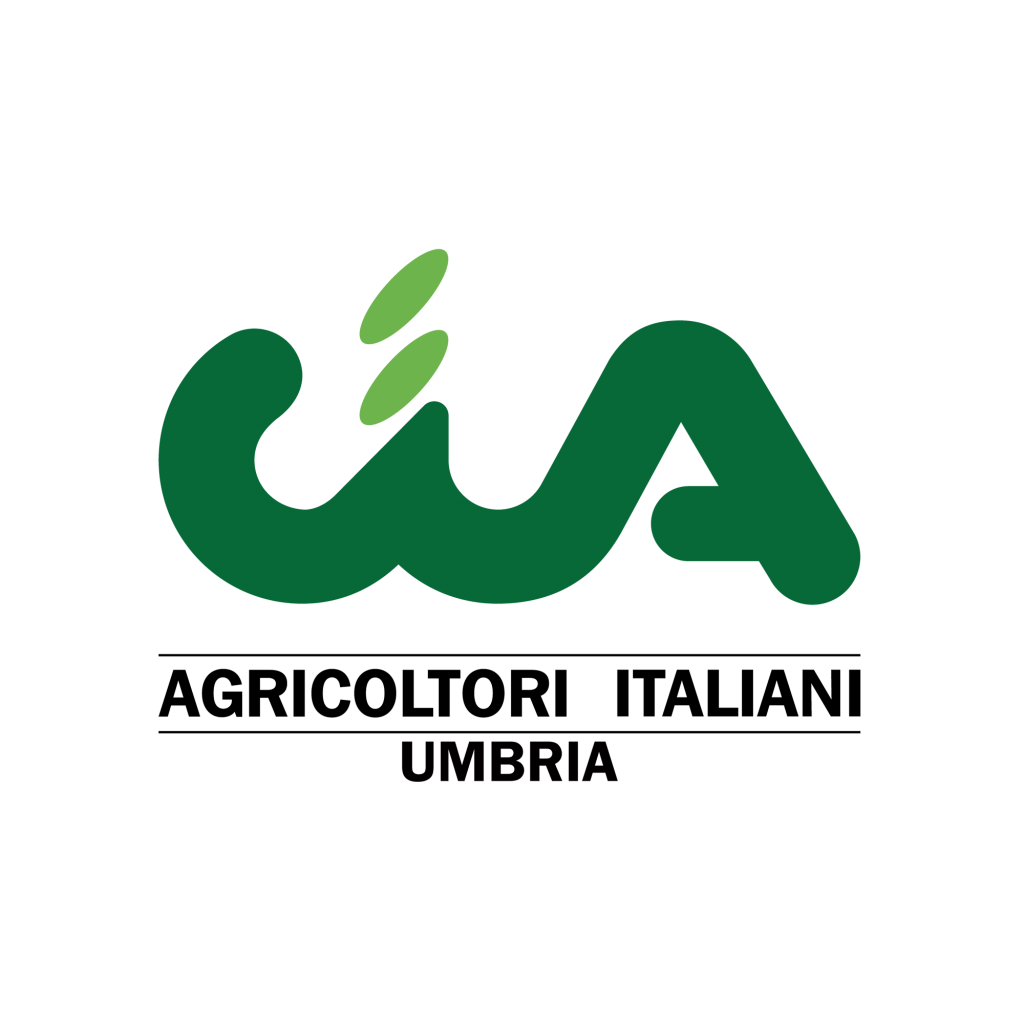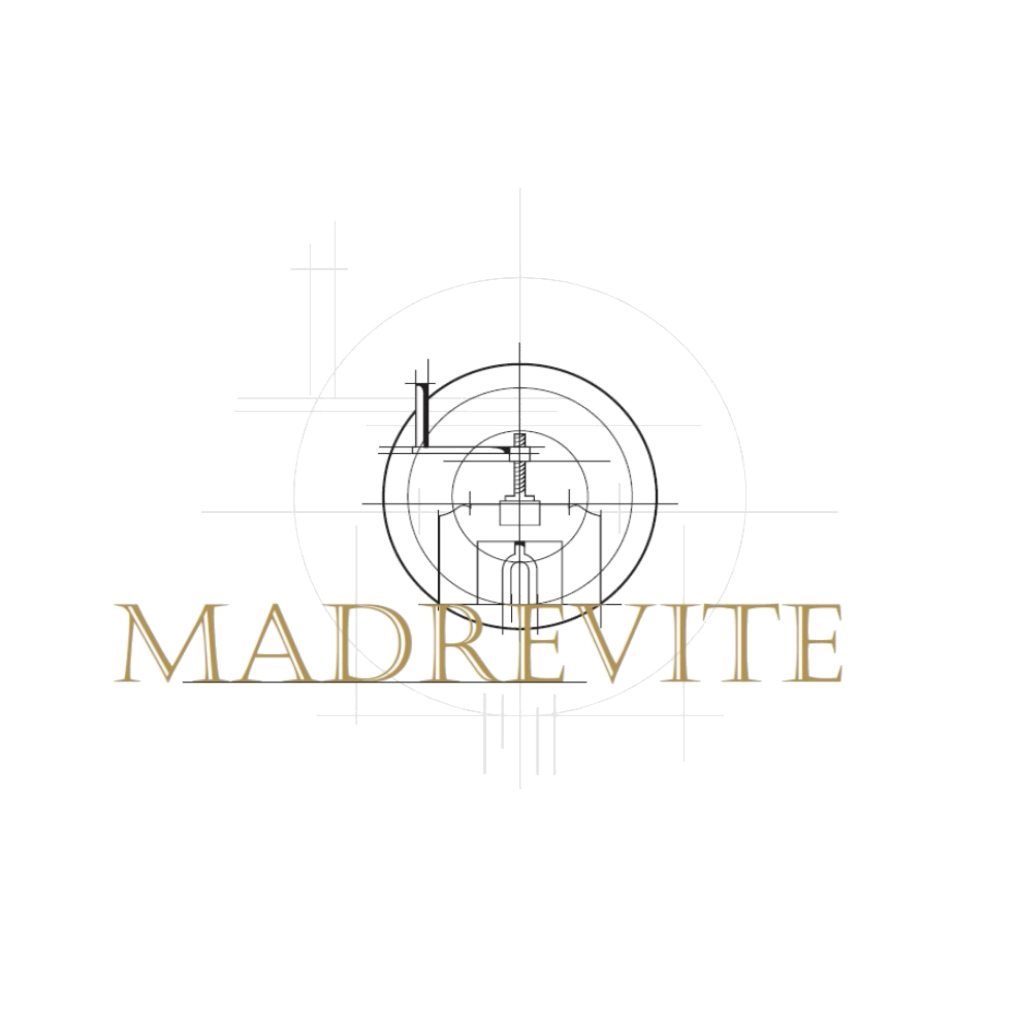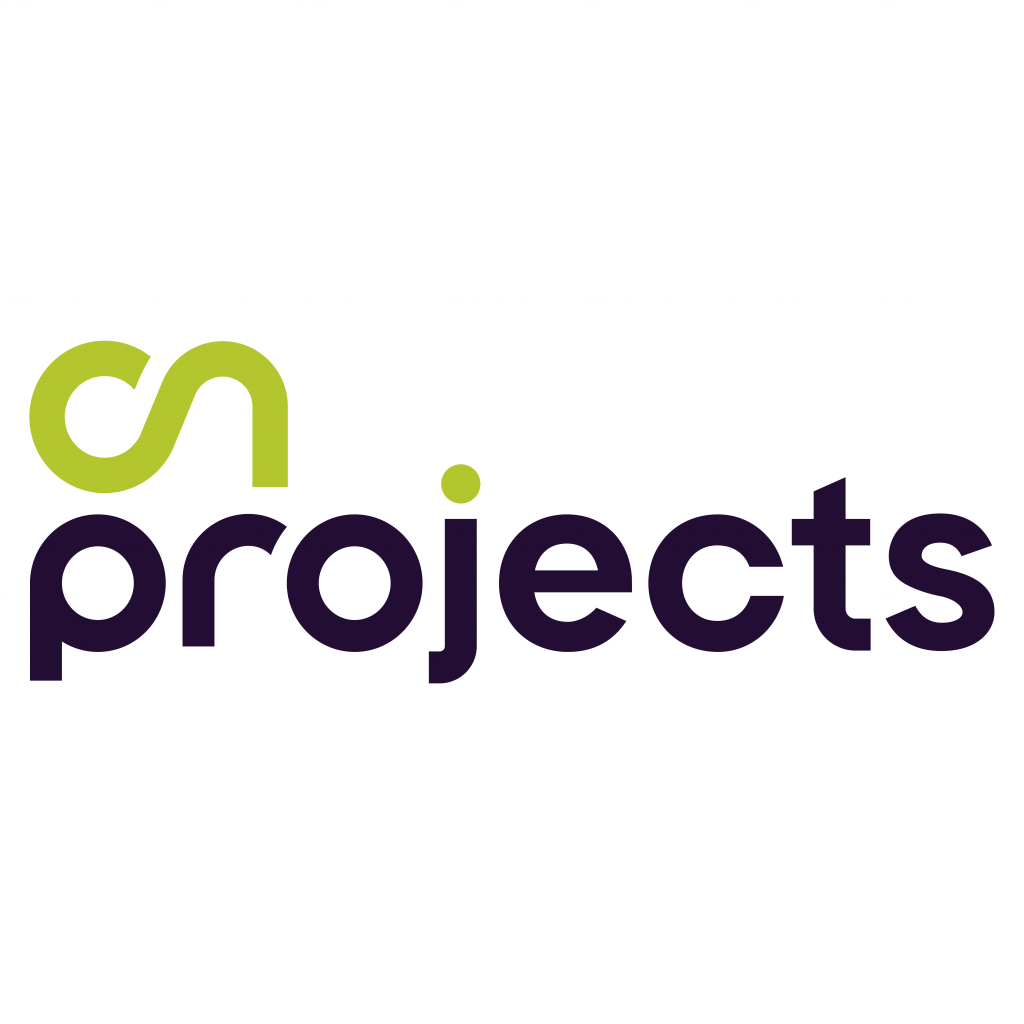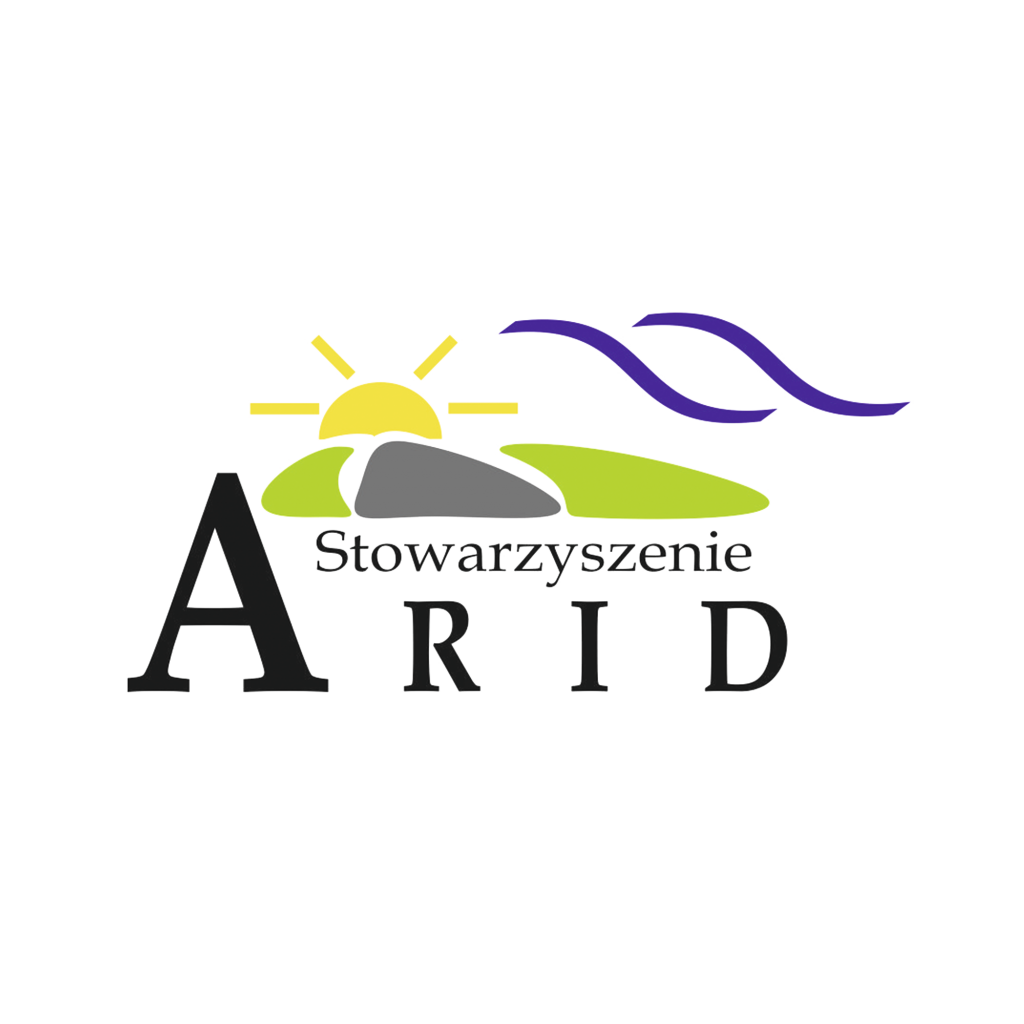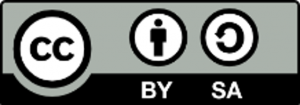Welcome to
Niche Market Farming
The niche market farming project is an ERASMUS+ project that focuses on educating farmers, students, policy makers and stakeholders on how to obtain farms under the current economic pressure by serving demanded niche markets. Find out about pathways towards sustainable farming practices and innovative marketing models in order to secure and create jobs in agriculture. Serving niche markets can set a milestone for a modern and competitive approach to agriculture security and sustainability and be a possibility to sustain family farms in rural areas.
